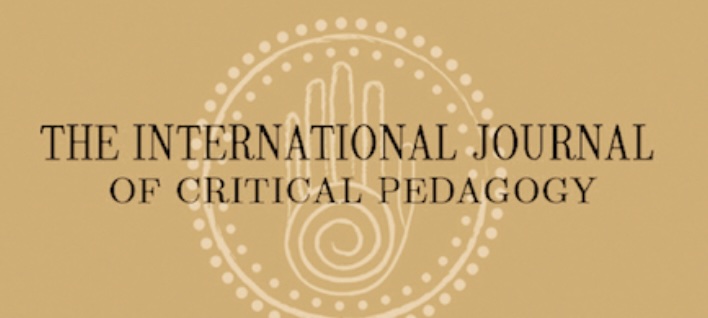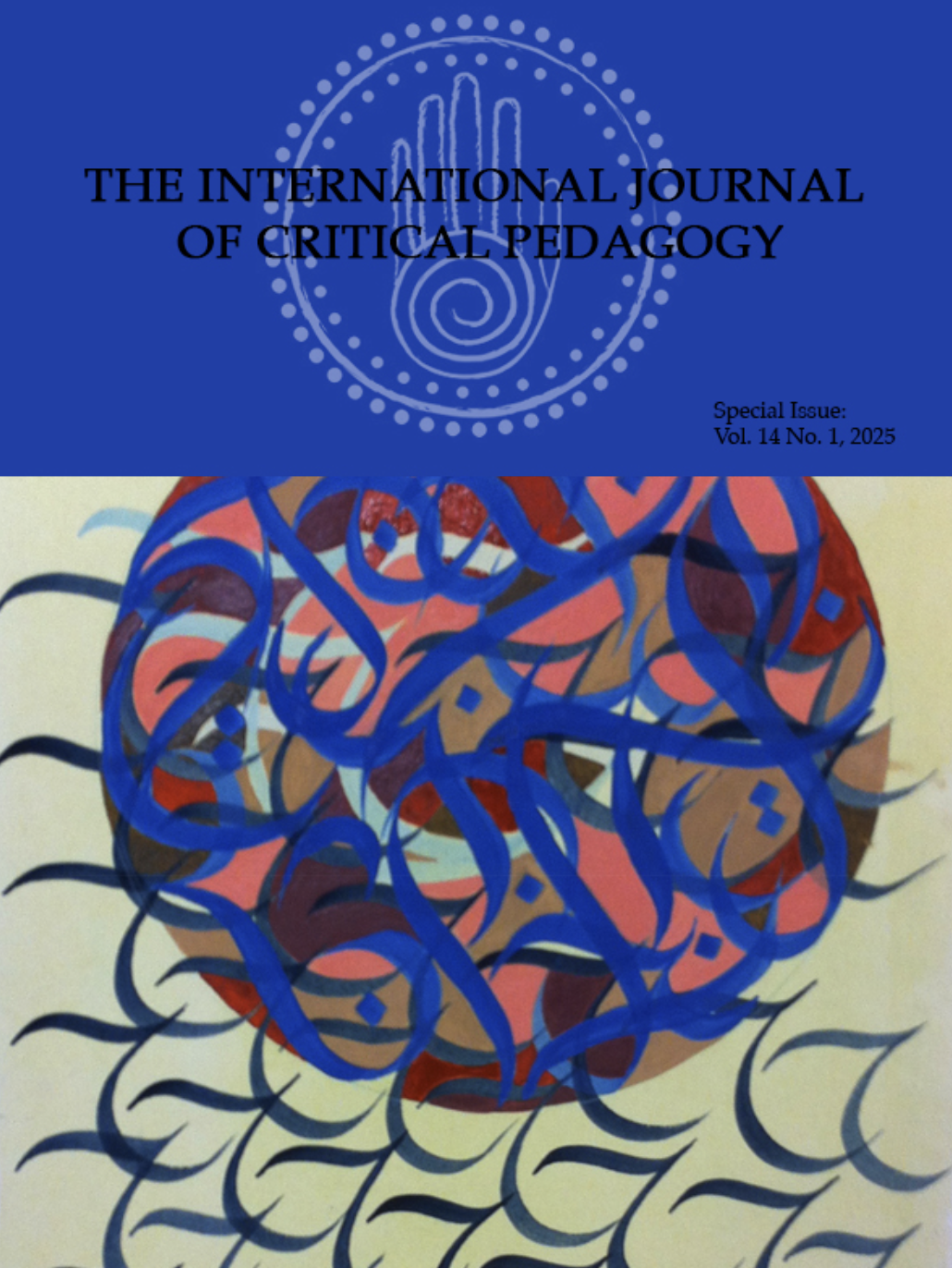Abstract
Still carrying on today, traditional approaches to learning in higher education are centered on a procedural transfer of teachers’ knowledge to their students. In order to improve old and new educational practices, a critical examination of the dominant components of the knowledge transfer process is necessary. Using the model of education advocated by Paulo Freire and others, Critical Pedagogy, the authors critique textbooks, a cornerstone of college classrooms. Their design and common use in classrooms are discussed to examine the important role textbooks play in constraining student learning. Using the liberating learning environment as a template, 34 years and 12 editions of a dominant Communication Studies textbook, Human Communication: The Basic Course, are interrogated to identify how authors, publishers, and faculty are misusing textbooks and the negative impact this has on learning. To address these issues, the authors propose necessary changes through a framework of liberating pedagogy employing Conceptual Logistics and powerful models of knowledge transfer.
Keywords: Conceptual Logistics, Critical Pedagogy, Textbooks, Cognitive Science, Knowledge Transfer
How to Cite:
Carlson, PhD, G. S. & Sosnoski, PhD, J. J., (2017) “Conceptual Logistics as a Form of Critical Pedagogy”, International Journal of Critical Pedagogy 8(1).
Downloads:
Download PDF
View PDF

